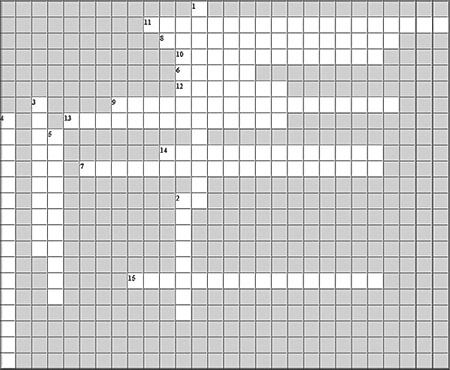Middle Childhood - Psychosocial Development

Down
1. A family that consists of a father, a mother, & the biological children they have together.
2. A child’s repeated, systematic efforts to inflict harm on another, particular child through physical, verbal, or social attacks.
3. A dynamic process encompassing positive adaptation within the contexr of significant adversity.
4. Theory that views the middle schoolers' independence as a result of species need.
5. This theory is focused on the acquisition of new skills.
-------------------- Across --------------------
6. People who are about the same age & status as oneself.
7. Referring to children who are actively rejected by their peer group because of their aggressive, confrontational behavior.
8. A perspective that highlights how the school-age child advances in learning, cognition, & culture, building on maturation & experience to become more articulate, insightful, & competent.
Across
9. Referring to children who are actively rejected by their peer group because of their withdrawn, anxious behavior.
10. A family that consists of two adults, the biological children from a previous union of one or both adults, & any children the adults have together.
11. The 4th of Erikson’s eight crises of psychosexual development, in which school-age children attempt to master many skills & develop a sense of themselves as either industrious & competent or incompetent.
12. Freud’s term for middle childhood, during which children’s emotional drives are quieter, their psychosexual needs are repressed, & their unconscious conflicts are submerged.
13. A family that consists of three or more generations of biologically related individuals.
14. The ways in which a family works to meet the needs of its members.
15. The tendency to assess one’s abilities, achievements, social status, & other attributes by measuring them against those of other people, especially one’s peers.